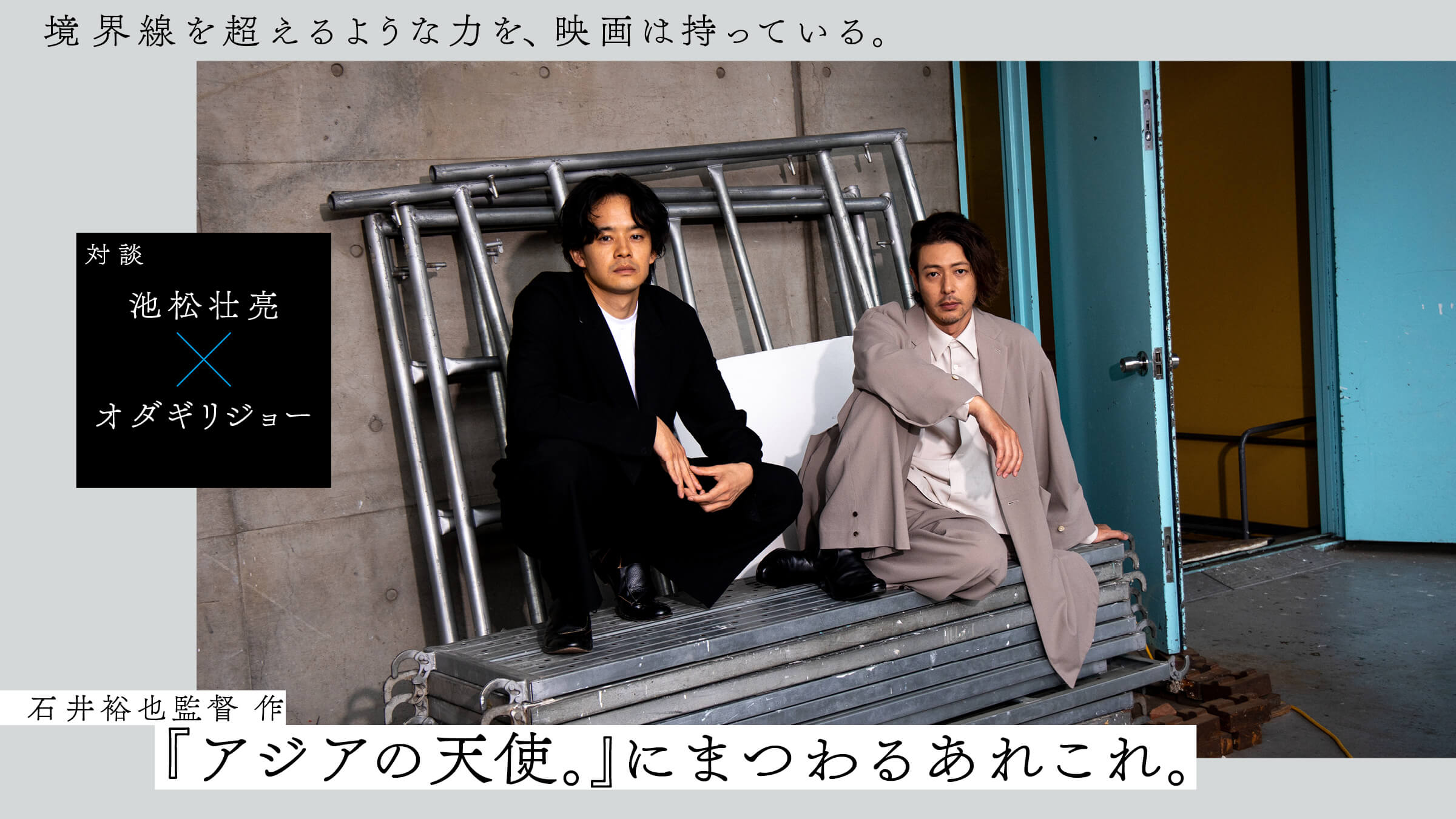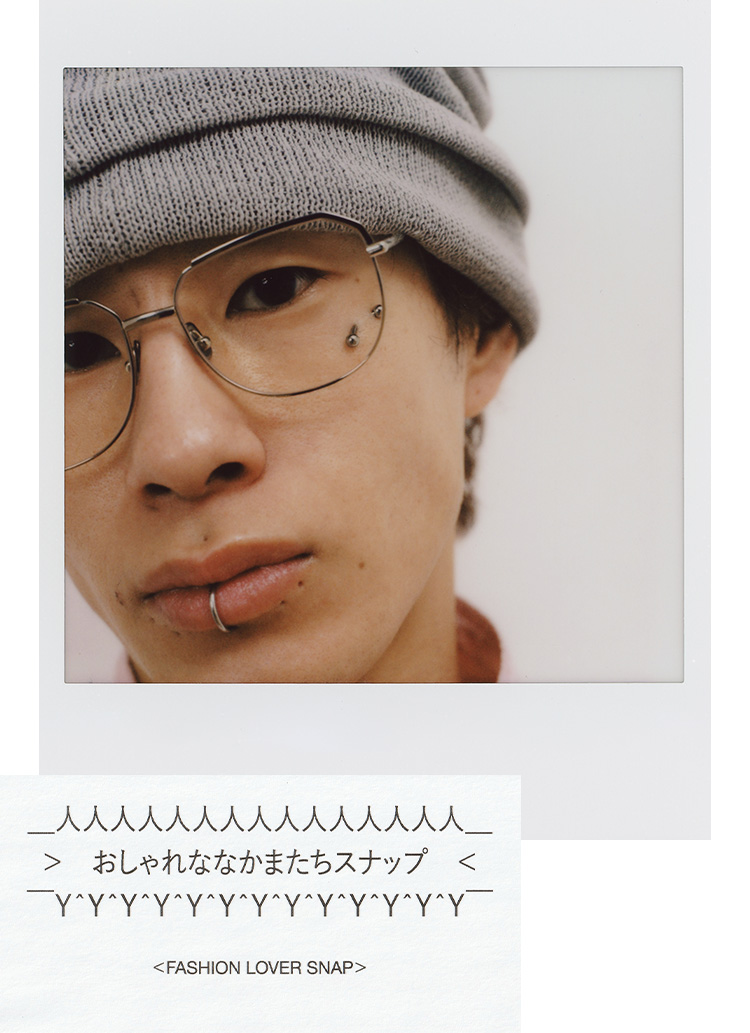I think we want to continue to aim for the ability to create what we want to create in a pure way.
Speaking of cell phones, nowadays everyone can freely express their opinions through social networking services. There are positive aspects to this, but I often feel that there is a sense of awkwardness. I feel like there are more and more stories with a big subject. Against this backdrop, I felt a renewed attraction to film as a device for telling small stories about individuals and individuals in a larger context.

Ikematsu:I totally understand what you are saying. A good way to talk about why I don't look at my cell phone is the "feeling". I always think it is necessary to make a film that conveys that feeling, or touch, of people being right in front of you. This is especially true for a film like this one, and since we were shooting amidst the divisions and fissures that are occurring around the world, I was aiming to capture the physical reality of people touching each other, recognizing and understanding each other. After filming, we went out drinking every night. We ate dinner, talked about trivial things, and shared time and thoughts. I thought that the accumulation of such experiences was reflected in the miracle of the film.

Ikematsu:Min-jae, the eldest son on the Korean side, was a really pure person. No matter how hard the shooting was, he always wanted to go out drinking with us every day. No matter how late we were shooting or how early in the morning we were shooting, he would invite us out. At first, I didn't like it, so I lied and said no, "Japanese actors don't drink alcohol after work or the day before a shoot. Then, after Mr. Odagiri joined us, we went out drinking every night, and my lie was exposed (laughs). (laughs) In the end, we ate dinner and drank almost every night.

Odagiri:That is partly because I am overseas (laughs). (Laughs.) In Japan, I don't go that far. I think that all these relationships are reflected in the film because the film shows the truth, but it does not mean that everything is good if they get along well. If they don't get along well, then it shows what is wrong with them, and that's fine. If a certain way of life or way of being remains on film, I think that is fine.
Lastly, what are your thoughts on the value of film in this day and age?
Ikematsu:The value of a film is determined by the story that it tells. I don't think it's enough to explain how important stories are to us humans, but we have merged so far by creating stories about what we believe and live. I think most of them are now lost, their value has been replaced by money, and they have stopped telling stories. I think the potential of film is much greater.
I believe that this film has significance precisely because we are caught between the interests of different countries, and because the corona makes global exchange difficult. Films have a common language that transcends the lines drawn by someone called borders. At least, I have learned a lot about this from the films that have been left behind by my predecessors. I hope that the audience will be able to see how a family goes on an adventure to open up a new era, gains a different kind of hope, and moves toward a rebirth of the family.

Odagiri:Japan and Korea are particularly prone to political problems. The same is true of China. I have participated in four or five Korean productions so far, and each time we have built a very good relationship. From a personal point of view, there is no political agenda involved, and we all just focus on the same goal and try our best to achieve it. We just laugh at each other in the field of art. I guess we just keep aiming to be able to create what we want to create in a pure way. It is difficult now with Corona, but I hope that we can return soon to international projects, co-productions, and other forms of making things that transcend national borders.










